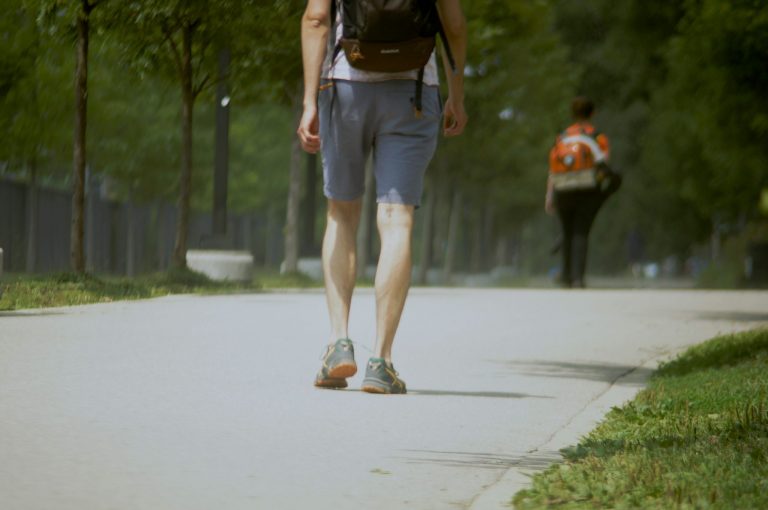Picture the first weeks a student is at university or college—a teenager, fresh from high school and away from home, away from their family, their friends, their community and their support networks for the first time.
They try to be brave, show independence and they are eager to fit in. They are often easy to influence.
First-year students often have little understanding of sexual health and consent. They may be able to give you a definition but do not have the skills to put it into practice. They may also have incorrect or incomplete knowledge about sexual assault, because society is uncomfortable talking about it.
This means they arrive on campus thinking a stranger will jump out of the bushes and attack them, not realizing the person who may assault them will most likely be someone they know, such as a fellow student, friend, partner or someone they meet at a party.
They will go to parties hardly knowing any people and having few, if any, close friends. There will be alcohol, drugs and peer pressure. They are not yet comfortable on campus or in their new community and may not know which campus or community supports exist.
People do not like to talk about sexual violence as it makes them feel uncomfortable. However, having these conversations increases awareness and makes information more readily available. An open discourse will hopefully enhance comfort levels and, most importantly, improve intervention and prevention efforts.
The stats are staggering. Half of all trans* and gender fluid people will experience sexual assault, one in three women will experience sexual assault, and one in six men before the age of 12 will experience sexual assault.
One in ten women experience sexual assault in a post-secondary setting and two-thirds of those sexual assaults will happen in the first six to eight weeks of the fall term. This is called the Red Zone.
It is not the young people’s fault that they come ill-prepared for university or college. It is society that upholds rape culture. Social practices, cultural ideologies and institutions trivialize and normalize sexual violence. When sexual violence is normalized, it is rendered invisible and seen as an inevitable outcome rather than something that should never happen and can be prevented.
Sexual violence being a taboo topic reinforces silence and shames those who have been impacted, rendering them isolated and without recourse.
Young people are not educated or provided with age-appropriate material throughout their schooling. Having this information could empower students to be more aware, prepared and emboldened to navigate their first experiences at post-secondary institutions.
Providing young people with comprehensive, pleasure positive sexual health and consent education, in addition to challenging the social practices and ideologies that reinforce rape culture in our society, should be common sense. A huge glaring red warning signal should be going off in all our heads because a Red Zone even exists.

